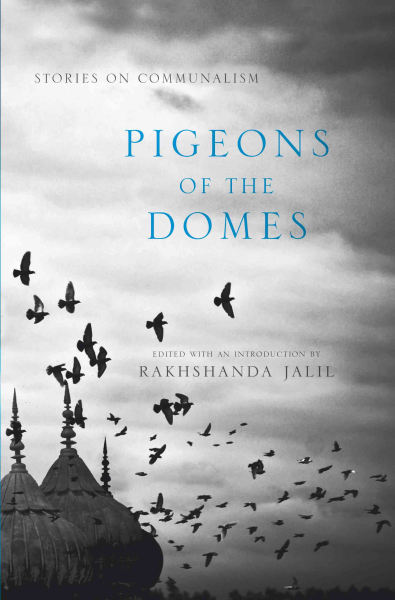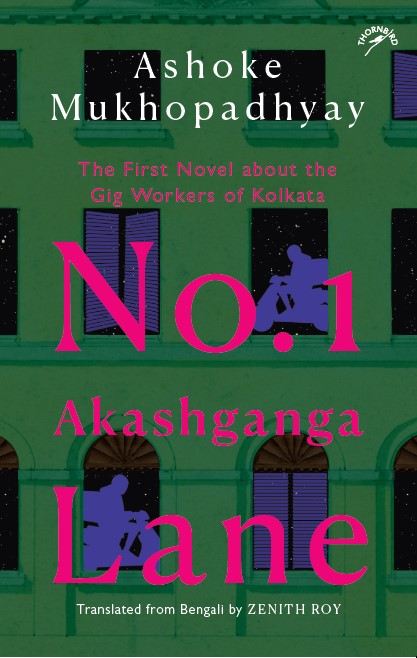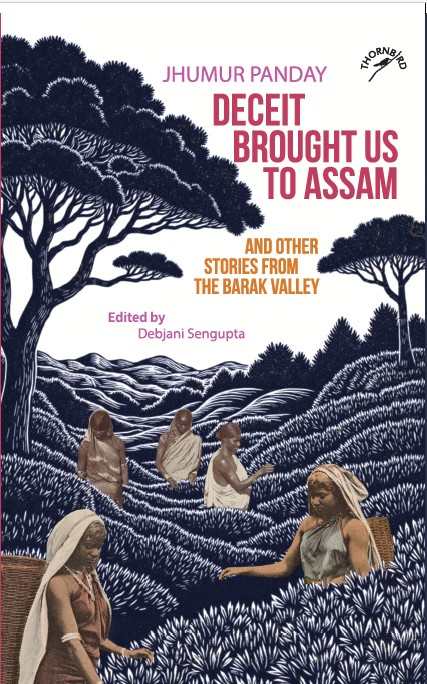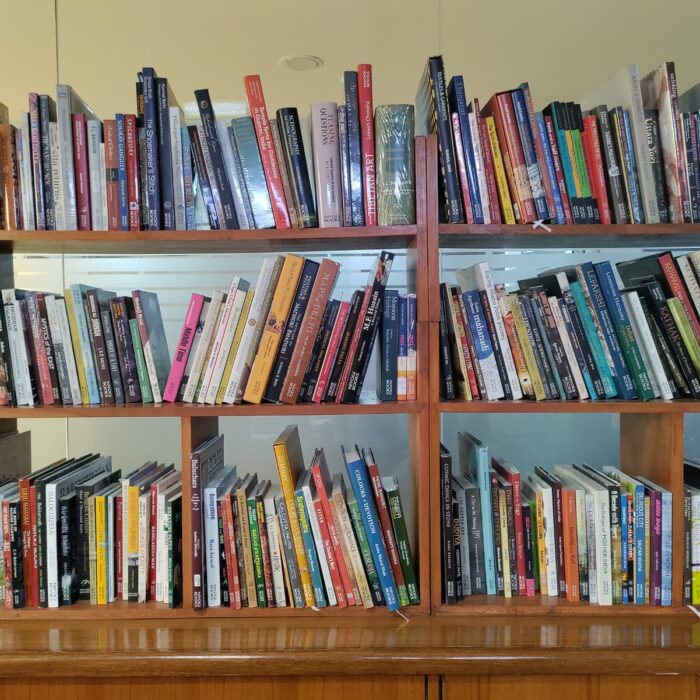Sign up and get notified with new article for free!

Book
Pigeons of the Domes

Pigeons of the Domes : Stories on Communalism
While much work has been done on exploring the communal tensions of the Independence era and the lode of ‘partition stories’ has been sufficiently mined, the more recent past has not been examined in any systematic way. In this collection of nineteen stories, edited and introduced by the well-known writer and translator Rakhshanda Jalil, we get a glimpse of the different hues and shades of communalism as well as different ways of accepting and interpreting this grim reality of recent times. A detailed Introduction contextualises the stories and the concerns raised therein and attempts to clarify what communalism means in India. Significantly, this collection does not restrict itself to stories that deal with Hindu-Muslim tensions; it includes stories about the exodus of Kashmiri Pandits from the Valley, marginalisation of Hindus in Punjab and the persecution of Sikhs in the anti-Sikh riots of 1984. A collection such as this is timely and important. Sixty years after the communal violence of the Partition, once again the fabric of secular India is being challenged and contested; these stories present us with cameos of conflict and fear and also offer us vignettes of hope and resolution.
Reviews of Pigeons of the Domes
1. “A collection such as this is timely and important. Sixty years after the communal violence of the partition, once again the fabric of secular India is being challenged and contested, these stories present us with cameos of conflict and fear and also offer us vignettes of hope and resolution” MILLENNIUM POST
2. “The death of humanity is a theme that runs through the stories – all of them point to the ultimate futility of mindless killing and violence, whether it’s against Hindus, Muslims or Sikhs. This, perhaps is the book’s greatest strength, even if it sounds repetitive. The argument against irrational hatred can only be fought by irrefutable logic” MINT
3. “Jalil, who has edited the book, contextualised the stories around communal history and the present. “There are dark stories, and there are those of hope. Secularism and communalism are conjoined twins; to study one, you have to study the other. Incidents such as those in Dadri or Muzzafarnagar take away our faith, but these stories also tell us how to negotiate with such truths.” she said” THE INDIAN EXPRESS
|






